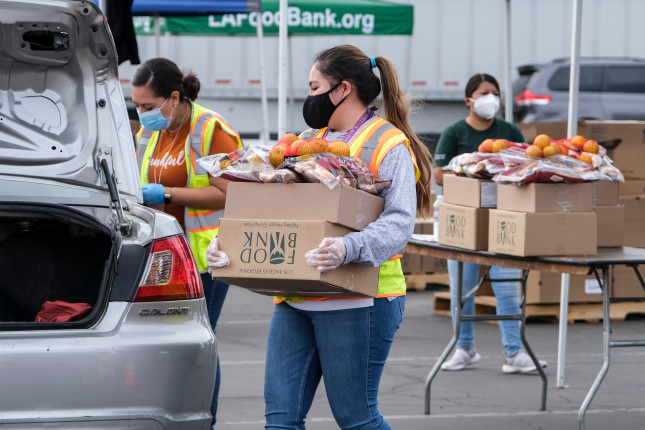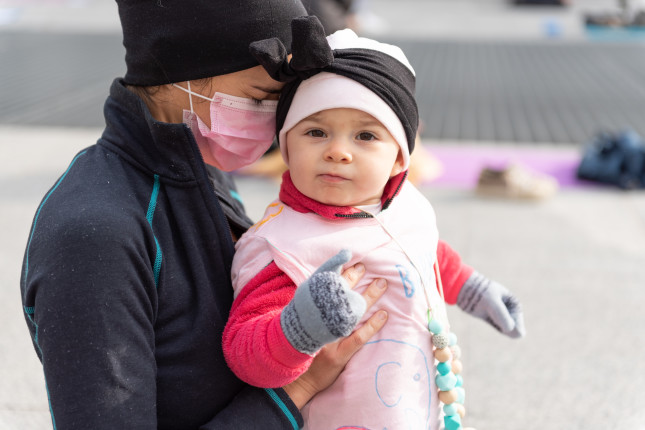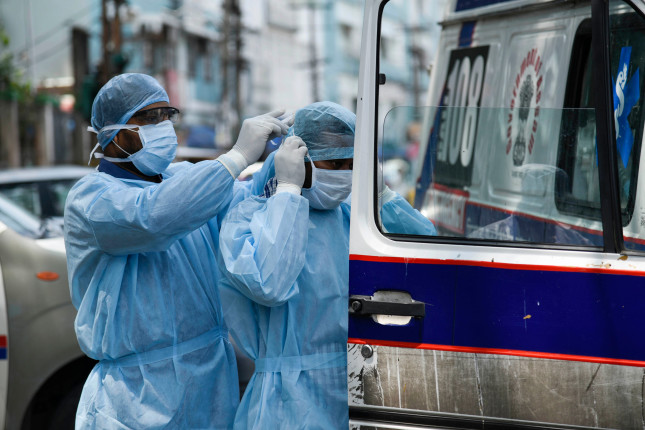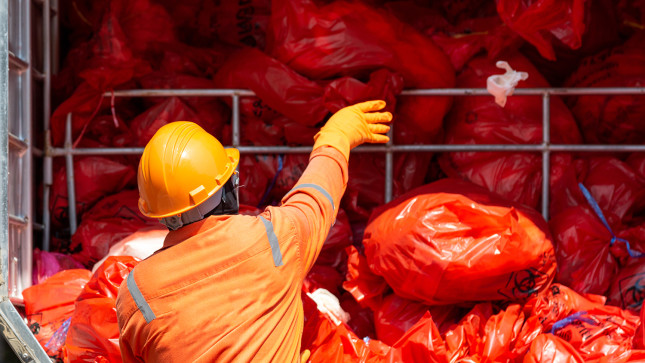-
Factor Housing into Maternal and Neonatal Health Policy
›
The United States is facing a crucial moment, one in which more pregnant women are at risk of becoming housing insecure than at any other time in recent history. This leaves an unprecedented number of mothers and babies vulnerable to the associated adverse health risks. Housing instability – which includes challenges ranging from struggles paying rent to chronic homelessness – harms maternal and neonatal health as much as smoking during pregnancy. The economic effects of COVID-19 threaten to exacerbate the adverse health outcomes associated with homelessness.
-
Michael Standaert, Ensia
How effective are China’s attempts to reduce the risk of wildlife spreading disease to humans?
›
Nearly a year ago, somewhere in China, a previously unknown virus made its way from a wild animal into a human host. There it found not only a hospitable home, but also an opportunity to spread trillions of copies of itself, eventually replicating to become the global Covid-19 pandemic.
That outbreak, now having infected more than 46 million people around the world, has been the impetus for a series of actions taken by the Chinese government to — in theory — get a handle on zoonotic disease outbreaks now and in the future.
-
Who’s responsible for feeding hungry people?
›
Historically, Americans have not been entitled to adequate, nutritious food when they are hungry, at least not at the expense of federal or state governments. Public food assistance programs are and have always been limited and supplemental and not designed to cover all nutritional needs. The effects of limited government engagement with hunger have disproportionately affected women and people of color and resulted in a patchwork system of assistance where charities and privately funded food banks attempt to fill gaps left by the government’s Supplemental Nutrition Assistance Program (SNAP) program.
-
Shaping a Maternal Mental Health Crisis Response to COVID-19
›
As the number of confirmed COVID-19 cases and deaths rise, women are experiencing more anxiety both during and after pregnancy. One-third of all mental health problems are associated with adverse childhood and community experiences—the pandemic is an adverse community experience being felt worldwide.
-
Reducing the Risk of Pandemic Disease Threats Through Multisectoral Action
›
“No single individual, discipline, sector or ministry can preempt and solve complex health problems.”
The COVID-19 pandemic underscores the importance of multisectoral action to contain and mitigate the effects of the virus. Presently, during crisis conditions or “war time,” in the language of outbreak experts, multisectoral efforts—including actions traversing health, education, labor, finance and other sectors—are readily apparent. But when policymakers perceive crises have passed, during so-called “peacetime,” governance structures that enable multisectoral collaboration tend to diminish or languish.
-
Mountains and Molehills: Medical Waste in China and the U.S.
›
At the initial epicenter of the COVID-19 pandemic in Wuhan, China, the daily output of medical waste soared five times its average volume — from about 40 tons to as much as 250 tons at the end of February. This overwhelmed Wuhan’s single specialized medical waste treatment plant, far exceeding its 50 tons-per-day processing capacity. As the pandemic progressed throughout China, it revealed the shortfalls in medical waste management capacity in many cities. At a news conference in Beijing in March, Zhao Qunying, director of the emergency management office of the Ministry of Ecology and Environment, reported that 22 cities were operating over-capacity and 28 cities were working at full or near full load.
-
A Dangerous Dichotomy: Women’s Paid and Unpaid Work During COVID-19
›
“While the global crisis has increased demand for research, such opportunities have created inequalities and distortion in the scientific community,” write the authors of a recent Social Science Research Network (SSRN) study that examines the gendered impact of COVID-19 in academia. The study finds that COVID-19 has disproportionately penalized the scientific productivity of female academics.
-
It’s Time for Scenario Planners and Enterprise Risk Managers to Join Forces
›
Scenario planning—a powerful method for communicating and examining uncertainty—is once again in vogue as a result of the COVID-19 pandemic. Despite the growing interest in this approach, however, its use is still limited, deployed predominately by the intelligence, business, and military communities.
Showing posts from category Covid-19.











